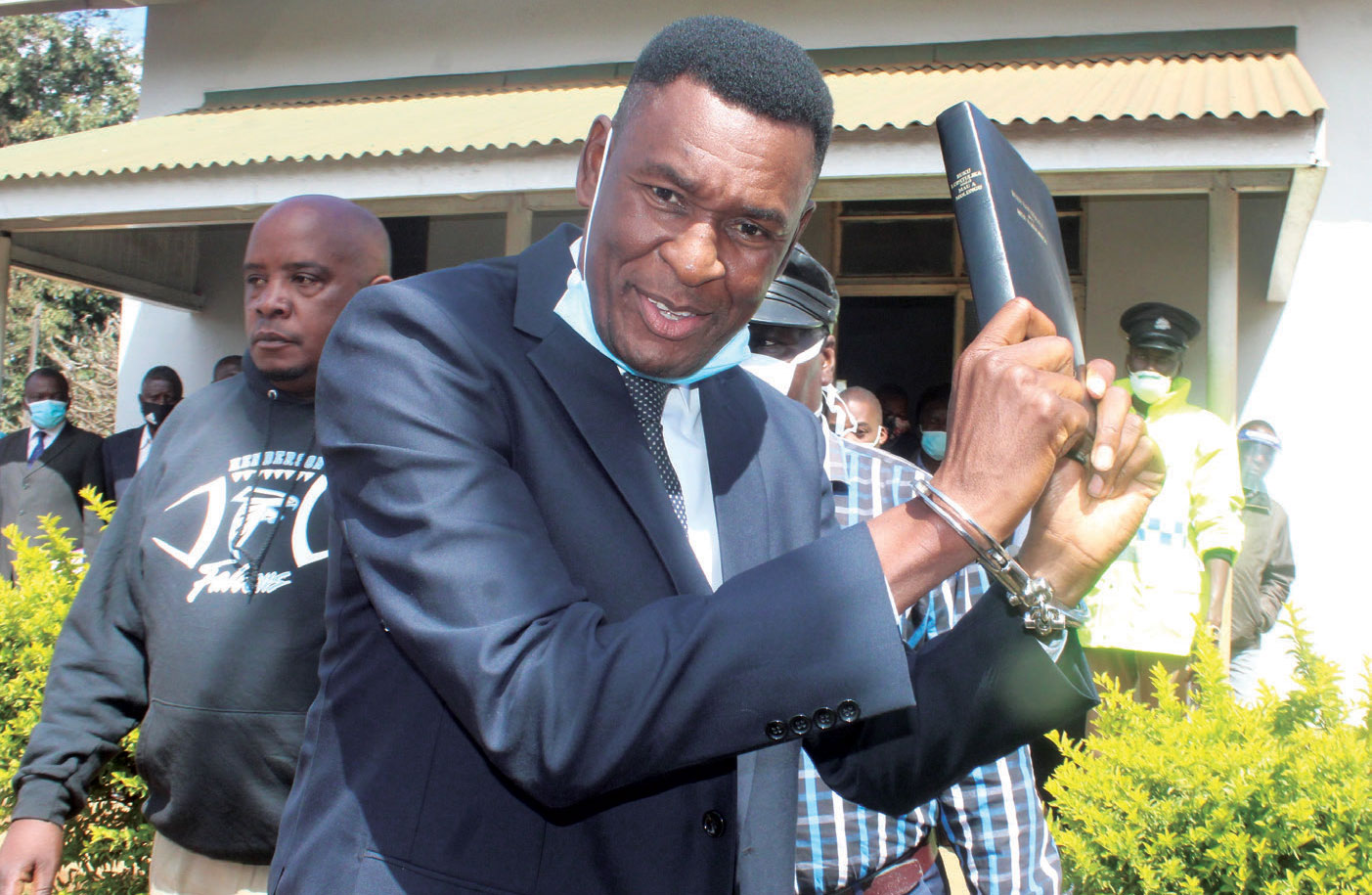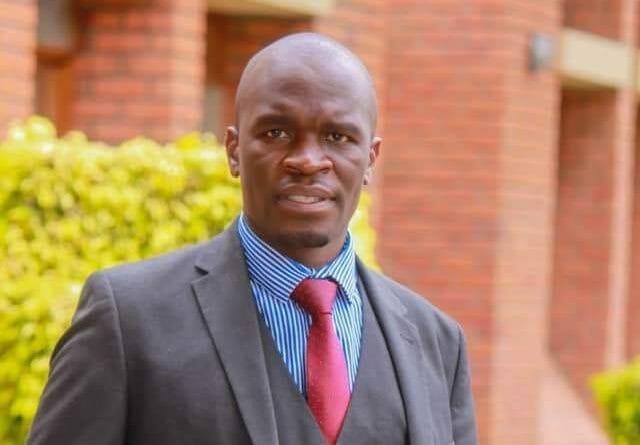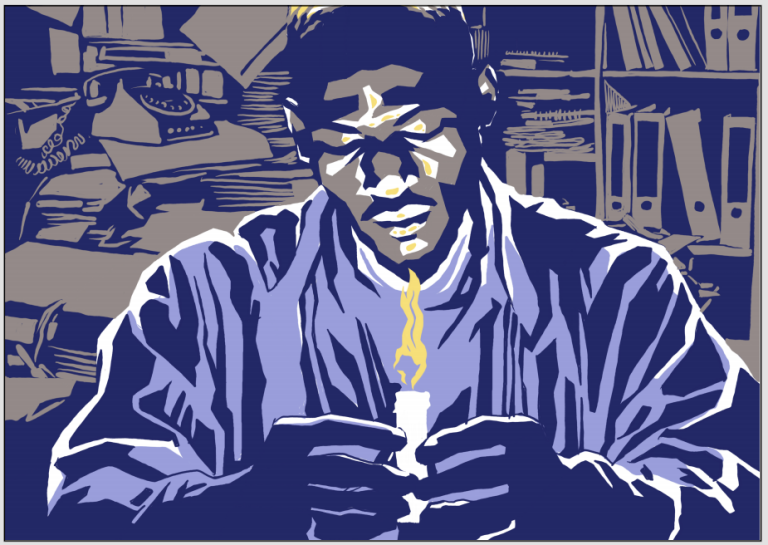An investigation in northern Malawi has revealed that so-called witchdoctors are illegally “jailing” clients who default on fees charged for exorcisms, and that the police are extremely reluctant to take action against them.
The investigation showed that some of the detainees have been held for up to four years.
Malawi’s Witchcraft Act of 1911 essentially denies the existence of witchcraft, making it illegal both to practise it and to accuse others of doing so.
An investigation in Mzimba Central, Solora and Hora constituencies traced a number of people who have been “cleaned” by witchdoctors, who remain in their custody.
In interviews, local people described it as a long-standing practice that those who fail to pay the witchdoctor’s fee are taken into custody, where they work for their “jailer” until the agreed amount is settled in cash or kind.
They said police are fully aware of such illegal incarcerations. Policemen said in interviews that they are unwilling to act for fear of provoking a community backlash. One also said that he believes that some of those detained by witchdoctors have indeed practised witchcraft.
Human rights lawyer Justin Dzonzi does not entirely blame the police for failing to act, but agreed that it is unlawful for witchdoctors to imprison debtors.
The colonial-era law, Dzonzi said, “is socially disconnected from the belief system of the people. In legal philosophy we say that a law that is not humanly possible to enforce is a bad law.”
However, using witchcraft to “rip off” community members was “a clear prosecutable offence. The police cannot give as an excuse an anticipated hostile community reaction.”
The Platform of Investigative Journalism visited the compound of Bernadette Tembo, a female witchdoctor popularly known as “Berna”, about 40km from Mzimba.
We were told that Berna exorcises victims of witchcraft for between K200 000 and K300 000 (R4 000 and R6 000) depending on the “seriousness” of the witchcraft.
However, she denied charging for her services, saying that her clients make their own pledges based on their income that range between K50 000 and K200 000 (R1 000 and R5 000).
She said that she provides services only after being asked to by concerned families and with the permission of traditional leaders.
Asked about the practice of “jailing” payment defaulters, she confirmed that she kept some of her customers in custody but said this was for their own safety.
“I cannot allow anyone to go back to a home where I have not been given permission to ‘remove’ evil spirits. That would mean putting someone’s life in danger,” she said.
Berna said she knows it is illegal to accuse anyone of witchcraft but only does so “in the interest of the people and the community I am called to serve”.
We were able to trace a number of victims of witchcraft allegations who have been in Berna’s custody, as well as their family members, some of whom are traumatised but feel powerless to intervene.
Masquerading as potential clients, we visited Berna’s compound in a secluded spot deep in Chilevu Tembo village, in the Traditional Authority of Chindi.
Berna’s compound comprises two big modern houses, one owned by her son, and a number of shabby thatched shacks surrounding it.
Both modern houses are fully electrified with solar panels and one has two satellite dishes.
Berna also owns two cars and a large field where she grows maize with the help of those in her custody, according to the leader of the inmates who has lived there since 2016. The “prisoner” asked not to be identified.
“I have a child who was bewitched and Mama {Berna} knows who did this,” the inmate said. “We can only go home if my family allows Mama to go and exorcise the witches; otherwise if we go alone, we may die.
“My family does not seem willing to do this. That is why we are still here.”
The windowless shacks with broken doors and cracked walls serve as hostels for those that have come to seek help and their families.
We counted 14 single-room shacks measuring less than four square metres each.

The inmates without spouses live in four other shacks that are somewhat larger than those reserved for families. Another shack serves as a kind of temple.
“In total those of us seeking help are 34, but if we add families and their children we are more,” said the leader, as we watched others preparing meals.
There are two bathrooms made from thatch and two thatched pit latrines with mud brick walls.
Berna said she sympathizes with the inmates over their living conditions. She pleaded for support from well-wishers so that she could “better serve her community”.
One of the detainees is retired secondary school teacher Hastings Kumwenda, from Chizola Village in Euthini, who was accused of causing the death of his brother’s child by witchcraft.
He works, without a salary, as Berna’s clerk, and by July this year will have clocked up two years at the compound. At the time of our visit, we were told that he was accompanying her to a funeral.
His 76-year-old brother, who asked not to be named, said in an interview that he had visited the compound and paid K210 000 (R4 200), but does not understand why Berna is refusing to let his relative go.
Kumwenda’s house in his home village has been abandoned, its windows broken by an irate mob.
There is an irony in Berna claiming to be holding him for security reasons. If she had not publicly pronounced him guilty of witchcraft, he would be safe.
His family worries about his health after seeing the conditions in which he lives.
“I miss my brother and I sometimes shed tears when I remember him and what happened to him,” lamented the brother, who does not believe his brother capable of witchcraft.
Kumwenda’ s fourth child – Precious, currently working as a teacher in Mzuzu, said she prays to God that her father will be released one day and re-join the family.
“We have tried to convince him to leave the compound and be with us – but he refuses. He seems so brainwashed that but we cannot blame him. But we would really love this to be exposed and stopped.”
Another man in his late thirties said he had spent some weeks at Berna’s compound and paid K210 000 before being released.
The man, who refused to be named, was accused of bewitching his cousin, who lives in South Africa. He appeared traumatised, and was initially unwilling to share his story.
“I still do not understand what happened. I was told that I am not a witch but witches use my house and that my face when they go to South Africa to harass my cousin. The witchdoctor refused to name those responsible,” he said, while his wife, sitting next to him, struggled to contain her tears.
“A lot of people gathered here when the witchdoctor came, and since then our family has been subjected to discrimination. No one trusts us,” he added.
Those accused of witchcraft and “cleaned” by a witchdoctor often suffer stigma, discrimination and ridicule. Three other victims we spoke to had similar experiences.
The Centre for Human Rights and Rehabilitation’s (CHRR) acting executive director, Michael Kaiyatsa, said the practice of naming and shaming those allegedly practising witchcraft could incite violence and have long-term effects on victims.
Observed Kaiyatsa: “The simple act of labelling someone a witch triggers rights violation. Accusations may result in forced exile or the personal decision to flee from the threat of harm.”
There are other well-known witchdoctors in Mzimba who are not as extreme, according to the officer in charge of the police station at Euthini, Ernest Chindipha.
Chindipha said police had rescued three people held by another witchdoctor, known as Kanjoka. However, he admitted they had not yet confronted Berna.
“We know Berna may be committing an offence, like those that report to her that someone is a witch or wizard. Our problem is if we try to arrest those that make the accusations, the community will turn against us for shielding witches. Our parliamentarians must reflect on this law,” he said.

Chindipha added that he is also convinced that some of those in Berna’s custody are witches.
Kaiyatsa thinks the law must continue to criminalise witchcraft allegations and regulate the conduct of witchdoctors.
“It’s a fact that many Malawians believe in witchcraft. What’s at issue is the transformation of belief into accusation and subsequent harm, not the belief itself. So, although the law may not address the question of whether witchcraft exists, it should continue to criminalise witchcraft accusations.”
Berna and other community members claimed that her practice has the blessing of chiefs in the area, but we could not independently confirm this.
The Witchcraft Act was proposed for review more than 10 years ago, but remains on the statute book.
A recent joint report by the CHRR and the Centre for the Development of People, entitled “Crying out for Justice”, indicate that 18 people have been hacked to death in Malawi on witchcraft-related allegations.
• This story was supported by the Platform for Investigative Journalism and IJ Hub.



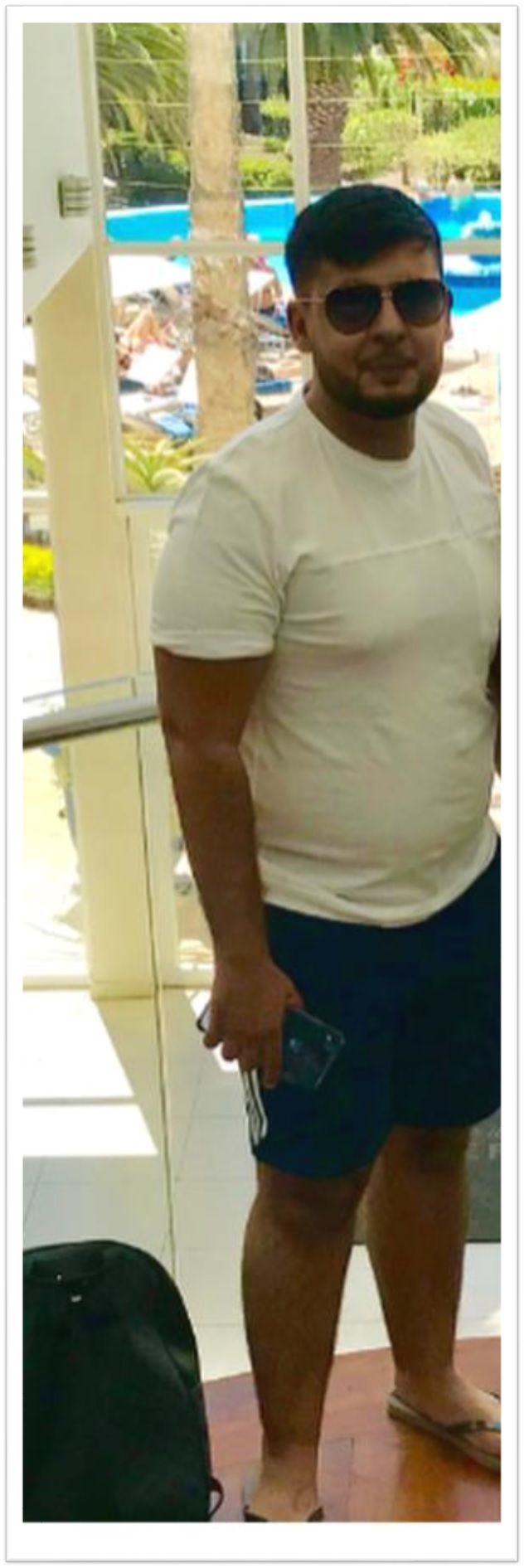
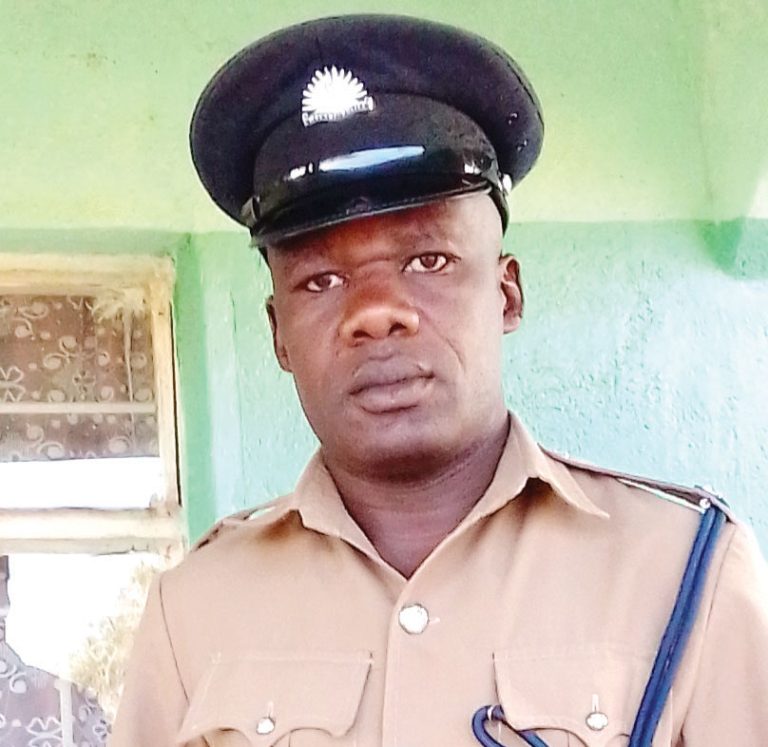
.jpg)
